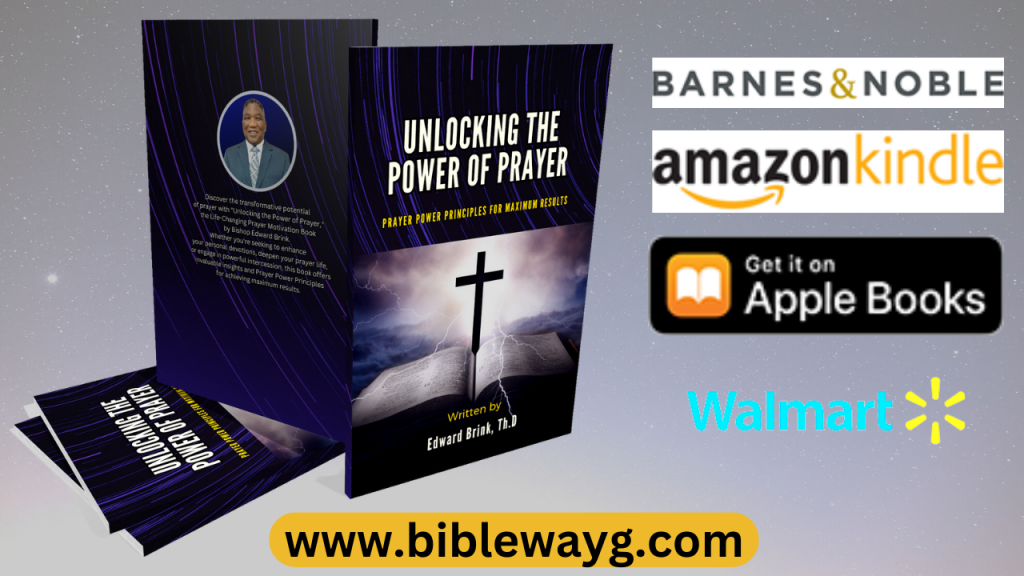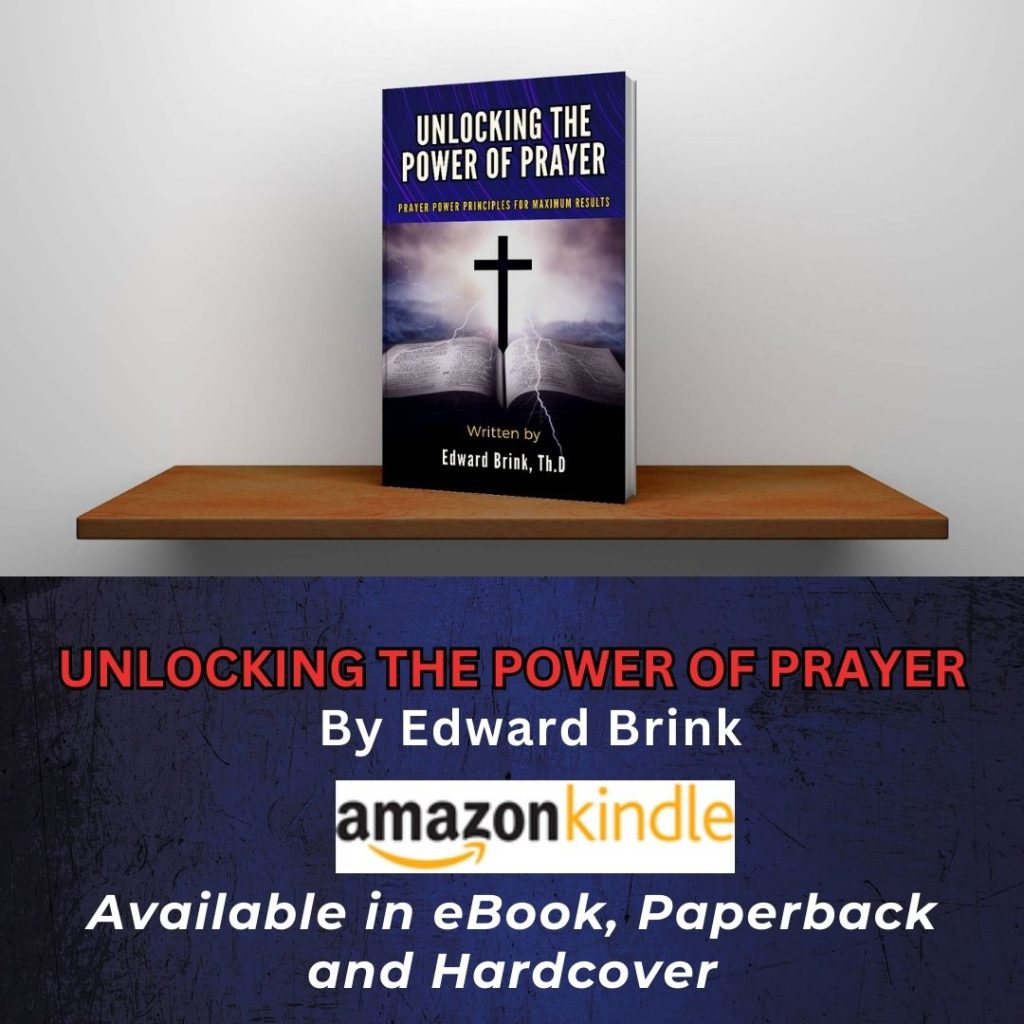Praising God Amidst the Storm

Praising God Amidst the Storm: Finding Peace in Chaos
In the midst of life’s storms, when chaos seems to reign and uncertainty looms, finding solace can be challenging. However, for many, turning to faith and praising God in the midst of chaos brings a sense of peace that surpasses understanding. Let’s explore the profound wisdom found in the Bible that encourages us to lift our hearts in praise even when the world around us seems to be in turmoil.
1. Embracing the Power of Praise
One of the most powerful tools we have in navigating chaos is praise. The Bible is filled with verses that highlight the transformative nature of praising God.
In Psalm 34:1, David exclaims, “I will bless the Lord at all times; his praise shall continually be in my mouth.” This verse encourages us to make praise a constant part of our lives, irrespective of our circumstances.
2. Trusting in God’s Sovereignty
In times of chaos, it’s easy to feel overwhelmed and powerless. However, the Bible assures us of God’s sovereignty and His control over all things.
Proverbs 19:21 reminds us, “Many are the plans in the mind of a man, but it is the purpose of the Lord that will stand.” Trusting in God’s plan and acknowledging His sovereignty in our praise can bring comfort and assurance.
3. Finding Strength in Prayer
Prayer is a direct line of communication with God, and it is through prayer that we can pour out our hearts and find strength in His presence.
Philippians 4:6-7 encourages us, “Do not be anxious about anything, but in everything by prayer and supplication with thanksgiving let your requests be made known to God. And the peace of God, which surpasses all understanding, will guard your hearts and your minds in Christ Jesus.” In times of chaos, turning to prayer and offering thanks even in the midst of challenges can bring about a profound sense of peace.
4. The Promise of God’s Presence
Chaos often makes us feel alone, but the Bible assures us of God’s constant presence.
Isaiah 41:10 declares, “Fear not, for I am with you; be not dismayed, for I am your God; I will strengthen you, I will help you, I will uphold you with my righteous right hand.” Knowing that God is with us in the chaos allows us to praise Him with confidence, trusting that His strength will sustain us.
5. A Call to Gratitude
Even in chaos, finding reasons to be grateful can shift our perspective.
1 Thessalonians 5:16-18 encourages us, “Rejoice always, pray without ceasing, give thanks in all circumstances; for this is the will of God in Christ Jesus for you.” Gratitude opens our hearts to God’s goodness, fostering an attitude of praise that transcends the challenges we face.
Conclusion: Praising God Amidst the Storm
In the tumultuous moments of life, when chaos threatens to consume us, praising God becomes a powerful act of faith. The Bible provides a roadmap for finding peace through praise, trusting in God’s sovereignty, seeking strength in prayer, holding onto the promise of His presence, and cultivating gratitude in all circumstances. As we navigate the storms of life, may our hearts be filled with praise, recognizing that even in chaos, God remains steadfast and worthy of our adoration.









